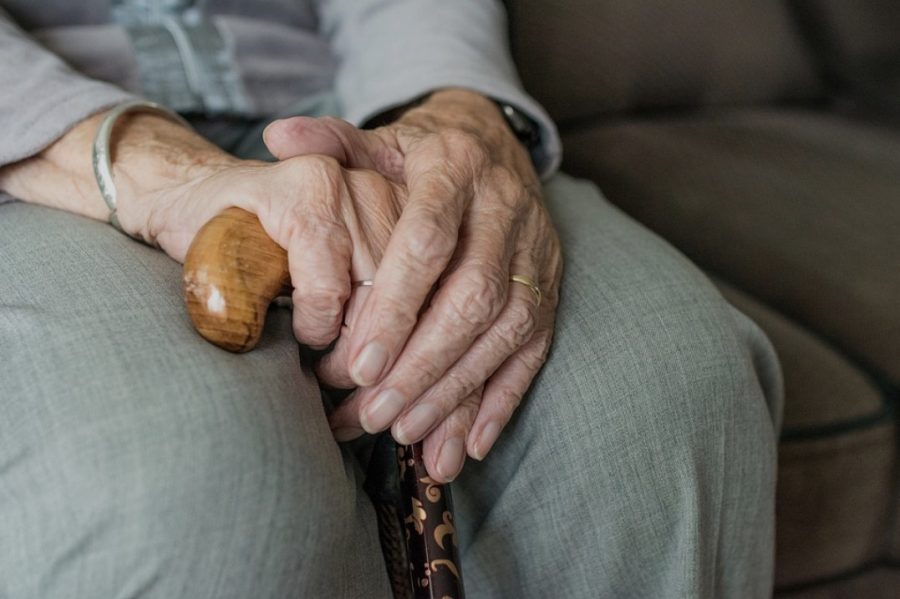From diabetes prevention to the first warning signs of Alzheimer’s disease, you already know the basics of elderly care. Monitoring vital signs, ensuring proper nutrition and tracking cognitive function are essential for geriatric patients, but there are other aspects of senior health that are often overlooked. Here are four important elements of elderly patient care that you might be missing.

Mental Health
Every caregiver knows to watch out for memory loss and confusion, but there is more to elderly patients’ mental health care than checking for dementia signs. Seniors are also vulnerable to anxiety and depression, and these conditions can be exacerbated by loneliness and grief in patients who have recently lost a spouse. Don’t dismiss red flags like excess sleeping, lethargy and lack of interest in activities as simple signs of aging.
Growing Waistlines
It’s no secret that people are getting bigger, and the elderly are no exception with 28.5 percent of people aged 65 and older classified as obese. Patients’ expanding waistlines are not only a health concern but also a logistical problem. It’s important for facilities to have equipment that can handle the extra pounds, including high-capacity wheelchairs and walkers, open MRI machines and a 1050lb capacity bed frame for patient rooms.
Relationships With Family
Most seniors enjoy quality time with their grandchildren, nieces and nephews, but too many miss out on family connections due to strained relations, long distances or a lack of living relatives. Seniors who don’t have these connections in their lives often feel lonely and isolated, so it’s important to ask your elderly patients about their relationships with family. Consider recommending a pen pal or adopt-a-grandparent program.
Healthy Sex Lives
You might think that sex education is only a concern for teens and young adults, but people don’t stop getting frisky in their golden years. In fact, sexually transmitted diseases are a growing problem among the elderly population. Don’t be afraid to ask your older patients about testing for STDs or STIs and counsel them about safe sex practices. Keep in mind that many seniors are newly widowed after decades of marriage and may lack knowledge about sex and dating.
While the elderly have many concerns in common, don’t forget that every patient is an individual. Never dismiss a patient’s health concern just because you think they’re too old to worry about it. Remember that today’s seniors are living more active lifestyles than previous generations and staying vital well into their golden years.